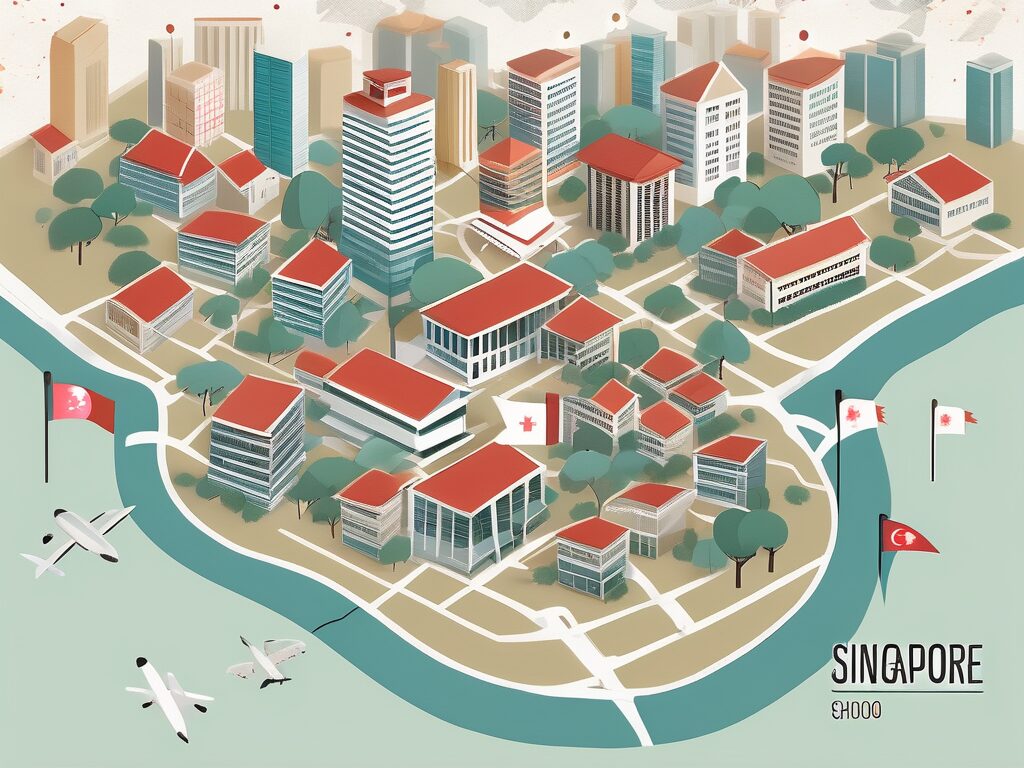How Many Hours Do Teachers Work in Singapore?
Teaching in Singapore is a rewarding yet demanding career path, especially for those aspiring to work in international schools. Understanding the workload and expectations is crucial for anyone considering this journey. In this article, we will explore how many hours teachers work in Singapore, the significance of this information for aspiring international educators, and provide insights into the skills and qualifications needed to succeed.
Table of Contents
- Why is it Important for Aspiring International Teachers?
- Key Skills or Qualifications Required
- Steps to Get Started
- Challenges and How to Overcome Them
- Best Practices and Tips for Success
- Conclusion
Why is it Important for Aspiring International Teachers?
Understanding the workload of teachers in Singapore is essential for aspiring international educators. Singapore is known for its rigorous education system, which often translates to longer working hours compared to other countries. Teachers in Singapore typically work around 50 hours a week, including classroom teaching, lesson planning, and extracurricular activities. This information is vital for those looking to enter the international teaching market, as it sets realistic expectations and prepares them for the demands of the job.
Key Skills or Qualifications Required
To succeed as a teacher in Singapore, certain skills and qualifications are necessary:
- Strong subject knowledge and teaching credentials
- Excellent communication and interpersonal skills
- Adaptability to different teaching environments and cultures
- Experience with diverse student populations
- Proficiency in technology and digital teaching tools
Steps to Get Started
For those interested in teaching in Singapore, here are the steps to get started:
- Obtain a recognized teaching qualification, such as a Bachelor of Education or a Postgraduate Certificate in Education (PGCE).
- Gain relevant teaching experience, preferably in an international setting.
- Research and apply for teaching positions in Singapore through reputable job portals and recruitment agencies.
- Prepare for interviews by understanding the Singaporean education system and demonstrating cultural awareness.
- Secure necessary work permits and visas for employment in Singapore.
Challenges and How to Overcome Them
Teaching in Singapore comes with its own set of challenges, including:
- High expectations and workload
- Adapting to a different cultural and educational environment
- Balancing work and personal life
To overcome these challenges, aspiring teachers should focus on time management, seek support from colleagues, and engage in continuous professional development.
Best Practices and Tips for Success
Here are some best practices for success as a teacher in Singapore:
- Build strong relationships with students and colleagues
- Stay updated with the latest educational trends and technologies
- Participate in professional learning communities
- Embrace cultural diversity and inclusivity in the classroom
Conclusion
Teaching in Singapore offers a unique and fulfilling career path for international educators. By understanding the workload, acquiring the necessary skills, and preparing for the challenges, aspiring teachers can thrive in this dynamic environment. If you’re ready to embark on this journey, take the first step towards becoming a teacher in a Tier 1 international school.
Want to become a teacher in a Tier 1 international school? Join the course here.

